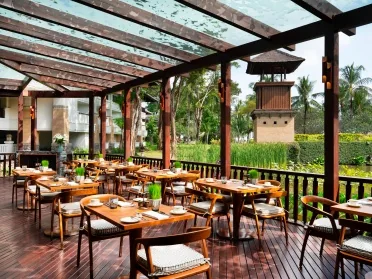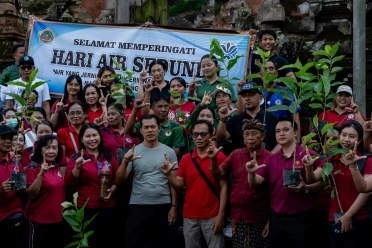Indonesia is taking bold steps towards achieving national food self-sufficiency by significantly reducing its reliance on imported food products. Beginning in 2025, the government will stop importing several key commodities, including rice, salt, corn for animal feed, and sugar. This initiative is part of a broader strategy to promote local agriculture and ensure food security for the country’s growing population, aiming to achieve complete self-sufficiency by 2027.
This initiative is part of a broader strategy to promote local agriculture and ensure food security for the country’s growing population
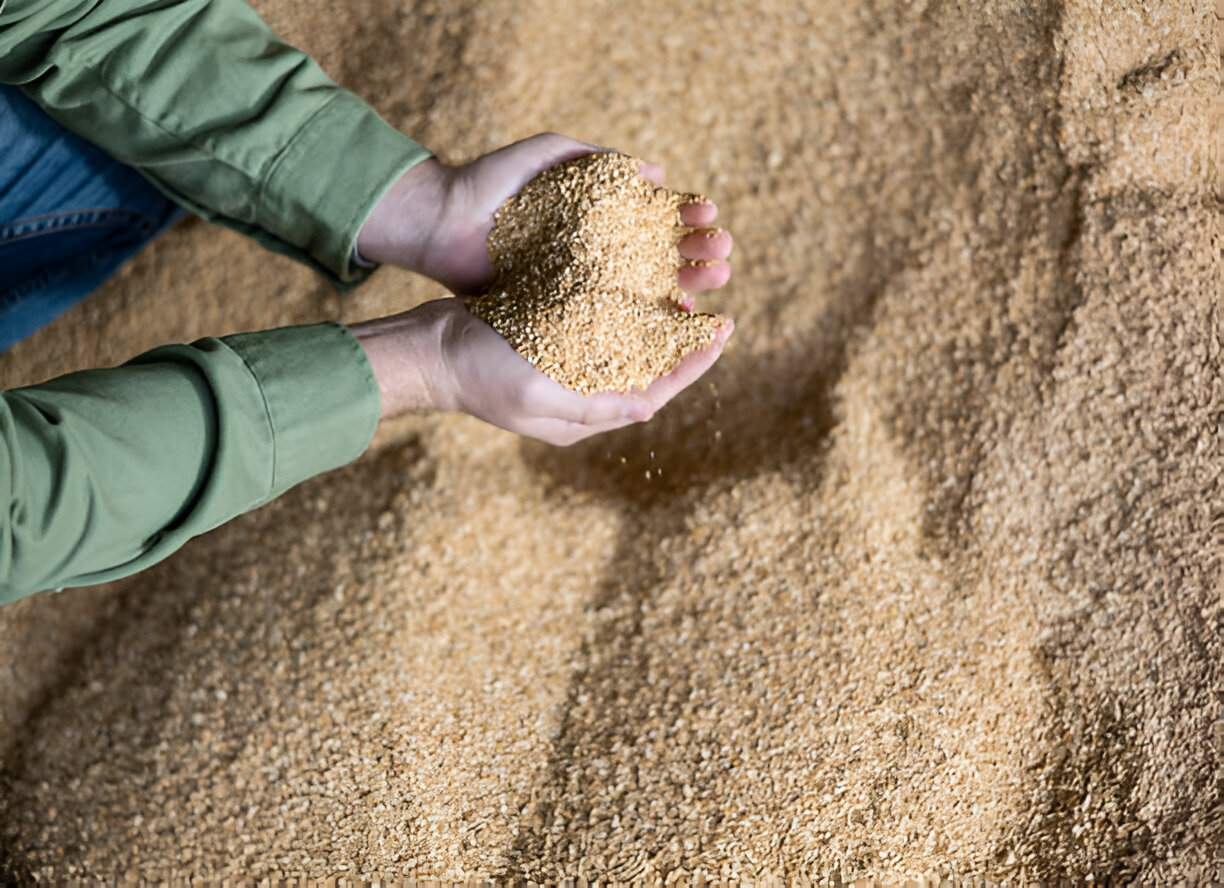
A National Policy Shift
The reduction in food imports marks a major shift in Indonesia’s agricultural policy. With the country currently importing millions of tons of wheat, sugar, rice, coffee, and other staples annually, this initiative underscores the government’s commitment to fostering domestic production. The move is expected to strengthen the agricultural sector, which has faced challenges in maintaining its competitiveness and productivity over the years.
To support this ambitious goal, the government plans to enhance agricultural development at all levels, from provincial to district and city scales. This includes prioritizing programs that improve farming practices, increase crop yields, and optimize the use of available agricultural land. The ultimate aim is not only to reduce dependency on imports but also to transform Indonesia into a nation that exports more of its locally produced food products.

The Impact on Bali’s Agricultural Landscape
Renowned for its picturesque rice terraces and lush agricultural landscapes, Bali is likely to play a significant role in this national endeavor. The decision to halt imports of key commodities could drive efforts to protect and preserve Bali’s fast-disappearing rice paddies and food forests. As the demand for locally produced food increases, fertile land on the island may become even more valuable, potentially prompting new legislation to safeguard agricultural zones from encroaching property development.
This shift may offer opportunities to revive traditional farming practices and strengthen the local economy by emphasizing sustainable agricultural methods. Such efforts could also enhance Bali’s position as a hub for farm-to-table dining experiences, showcasing the island’s rich culinary heritage and local produce.
Short-and Long-Term Effects on Bali Tourism
In the short term, tourists visiting Bali are unlikely to notice any significant changes in food availability. Restaurants and resorts will continue to serve a diverse range of dishes, blending local flavors with international culinary influences. However, as the government gradually phases out food imports, the availability of certain foreign food brands and products may decline, potentially affecting long-term residents and expatriates more than short-term visitors.
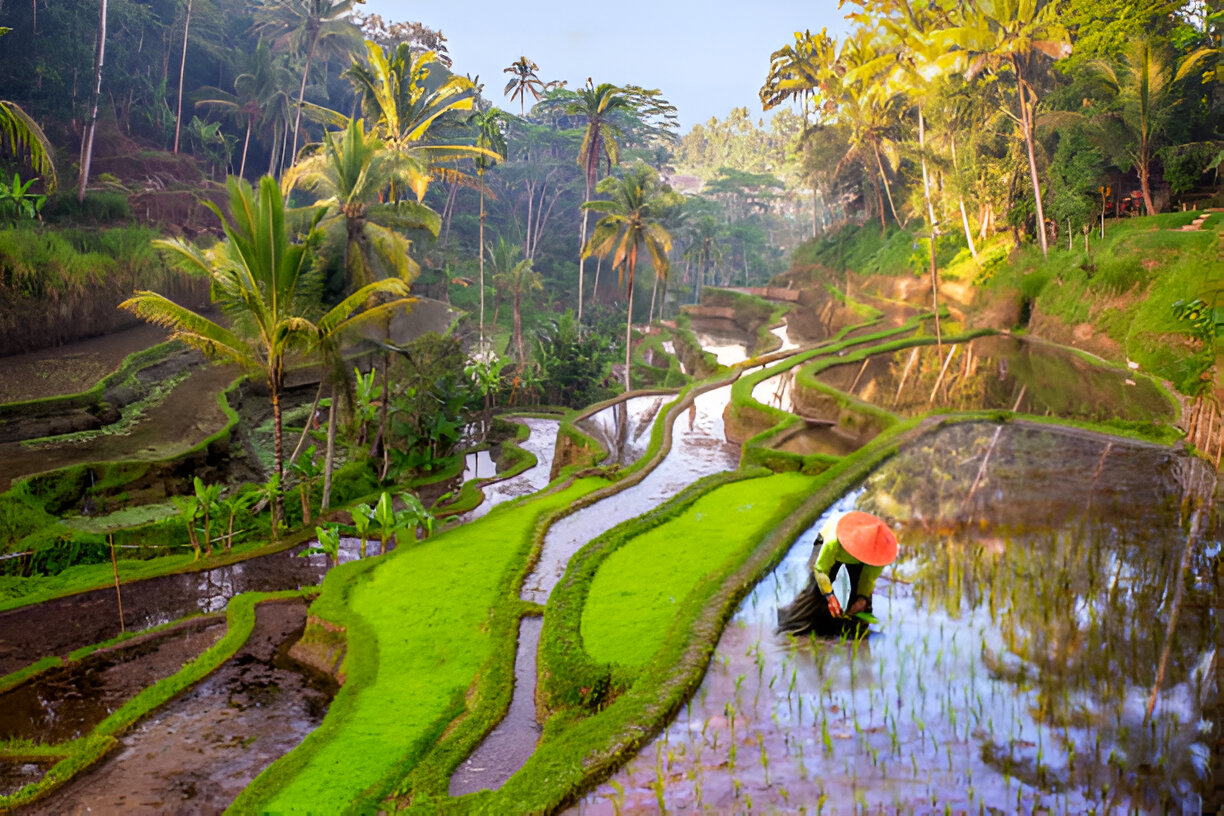
Over time, Bali’s culinary scene is expected to adapt and thrive under these new conditions. The reduced reliance on imported ingredients will encourage chefs and restaurants to innovate with locally sourced produce, creating unique dining experiences that highlight the flavors of the island. Visitors can look forward to an increased focus on traditional dishes made from indigenous ingredients, offering an authentic taste of Bali’s agricultural heritage.
Reinforcing Sustainability and Cultural Heritage
Indonesia’s move towards food self-sufficiency aligns with global trends emphasizing sustainability and environmental responsibility. By reducing food imports, the country minimizes its carbon footprint associated with long-distance transportation. In Bali, this approach could help preserve its natural beauty and cultural identity by maintaining the balance between agriculture and development.
The focus on local production may also open doors for agritourism, where visitors can engage directly with farmers, learn about traditional cultivation methods, and experience the island’s agricultural roots firsthand. Such initiatives would provide an added dimension to Bali’s tourism offerings, appealing to travelers seeking meaningful and educational experiences.
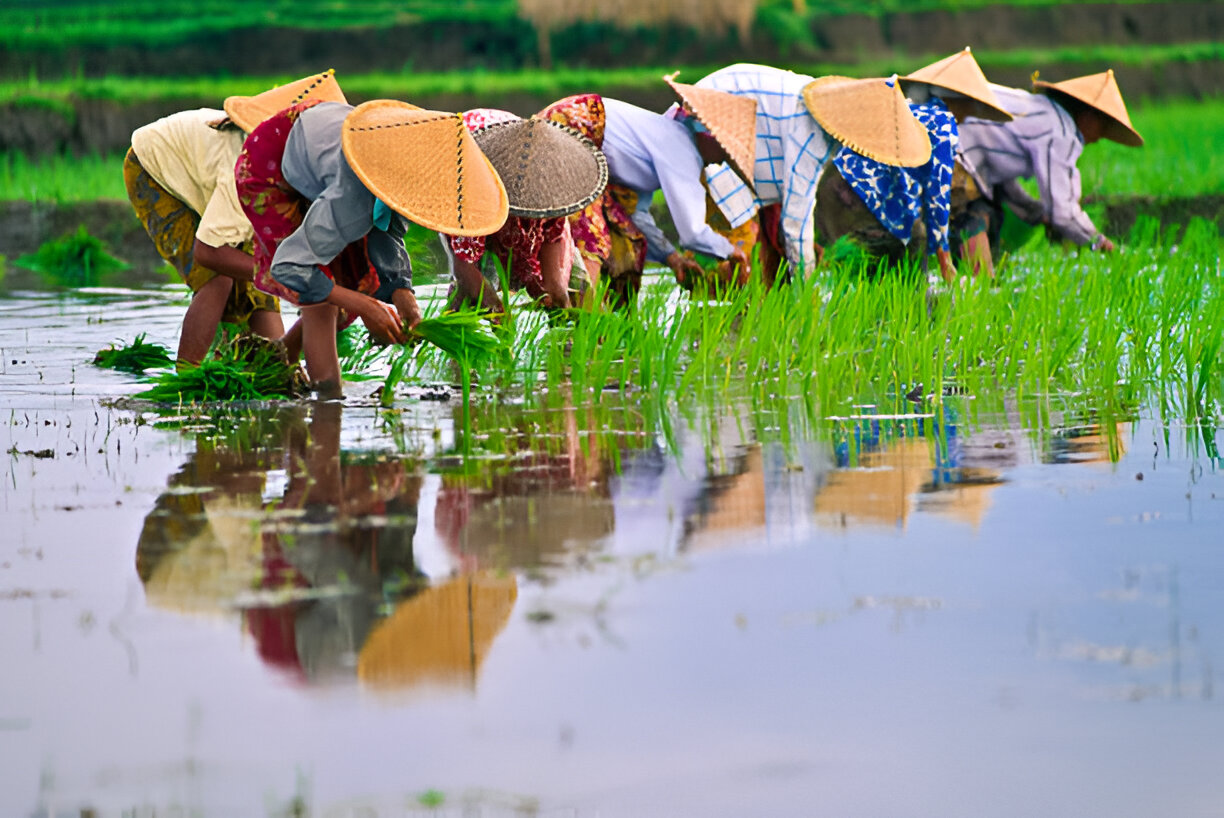
Challenges and Opportunities Ahead
While the shift to self-sufficiency presents numerous benefits, it also poses challenges. Increasing agricultural output to meet the demands of over 270 million people will require significant investment in infrastructure, technology, and training for farmers. Ensuring the sustainability of production without compromising the environment will be a delicate balancing act. For Bali, the emphasis on protecting agricultural land could lead to stricter regulations on land use, impacting property developers and investors. However, these measures may also help preserve the island’s iconic landscapes, which are a vital part of its appeal to tourists.
Indonesia’s plan to stop food imports represents a transformative step towards national sovereignty in food production. For Bali, this shift offers an opportunity to celebrate its agricultural heritage while contributing to the country’s broader goals. As the island embraces this change, it will likely emerge as a destination that not only captivates visitors with its natural beauty but also inspires them with its commitment to sustainability and local innovation.




 Billy Bagus
Billy Bagus
 Jan 17, 2025
Jan 17, 2025
